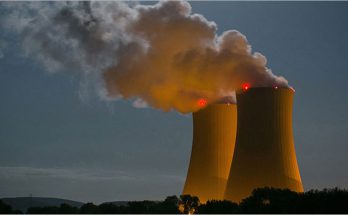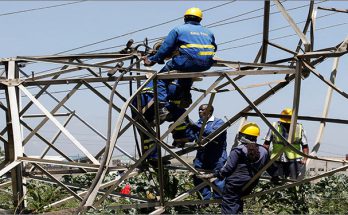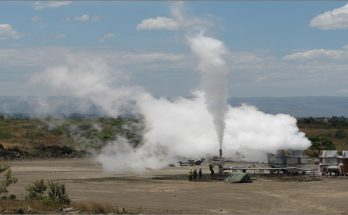 PERMANENT Felchesmi Mramba, the secretary of Tanzania’s Ministry of Energy, has welcomed and invited British businesses to engage in Tanzania’s energy sector, with an emphasis on renewable energy in particular.
PERMANENT Felchesmi Mramba, the secretary of Tanzania’s Ministry of Energy, has welcomed and invited British businesses to engage in Tanzania’s energy sector, with an emphasis on renewable energy in particular.
Mramba made the call while in Dodoma, Tanzania, meeting with a group from the British High Commission, headed by the team leader for sustainable development, Euan Davidson. Exploring possible areas of cooperation was the goal of the meeting.
Mramba brought up the need for more funding for renewable energy projects during the talks, notably large-scale solar investments to feed the national grid and solar power efforts for off-grid households.
Felchesmi Mramba stated, “This project is in line with the government’s objective to strengthen the national grid with more electricity from renewable sources.” He mentioned that more investments in other areas, such as Dodoma (200 MW), are planned for the 150 MW-capable Kishapu-Shinyanga solar project, which is currently under development.
Mramba stated that several sites, including Dodoma, Singida, Mbeya, Njombe (Makambako), Kilimanjaro (Same), Mara, and Arusha, have been identified as having substantial potential for producing wind power and have been urged to collaborate on investment in these areas.
Geothermal potential is found in about 52 locations of Tanzania, which is home to abundant renewable energy resources. Kenya presently produces about 1,000 MW of geothermal power; if these resources are completely utilized, they may supply more electricity than that country,” the speaker stated.
Mramba reaffirmed the nation’s commitment to clean energy sources, particularly in rural areas with high cattle populations, such as blue hydrogen produced from natural gas and biogas. As part of the National Strategy for Clean Cooking Energy, which incorporates both public and private sector involvement, he also briefed the group on the government’s plan to guarantee that 80 percent of the population consumes clean cooking energy by 2034.
The PS declared that by December of this year, every village in Tanzania will have access to electricity, noting that 99 percent of the communities had been connected to the grid.
Davidson thanked the ministry for providing the thorough information that will help the UK find business opportunities in Tanzania’s energy sector during his remarks.
He acknowledged the significance of the conversation, especially given that Tanzania is a top priority for the UK in terms of development and investment projects.



